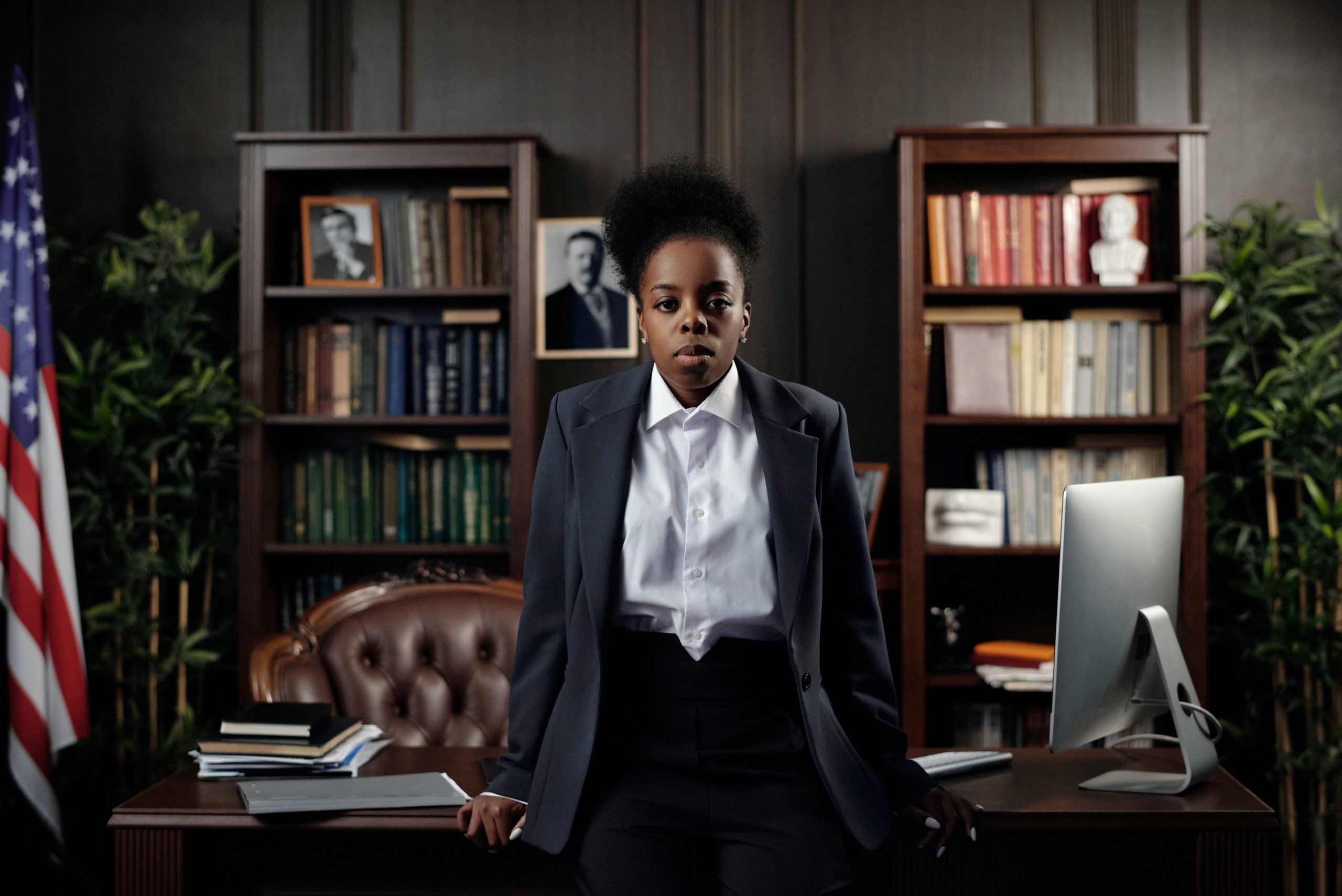Boston courts see a myriad of criminal cases every year, but not all convictions put offenders in prison or jail. Nonetheless, it’s important to contact the local police, FBI, and other appropriate law enforcement agencies when making criminal allegations, though don’t expect it to be as fun as you often see in crime blockbusters like The Departed. While Boston criminal cases aren’t as action-packed, there are legal complications worth knowing so you can move forward with the process as smoothly as possible.
What You Should Know About Criminal Cases
The Judicial Process
Unlike civil cases, criminal cases involve the U.S. attorney and the grand jury as the primary actors in court proceedings, wherein the U.S. attorney serves to represent you. In contrast, the grand jury reviews all presented evidence. The attorney also has the authority to determine whether the defendant should stand trial or not.
Burden of Proof
Criminal cases in Boston don’t require the defendant to prove their innocence but rather put the responsibility of providing a burden of proof on the government. This increases the pressure on the prosecutor compared to the plaintiff in civil cases, particularly since the defendant needs to be found guilty beyond a reasonable doubt.
Pretrial
The judge needs to determine whether the defendant should stay in jail until trial during a pretrial, whether or not there is strong proof the defendant committed the crime. Defendants who can rejoin the community before the trial may be required to electronic monitoring or drug testing, plus the additional requirement to send regular reports to ensure the defendants attend the court trial.
The pretrial also involves an arraignment, which is when the defendant enters a plea to the charges. They can either plead guilty in exchange for a lenient sentence called a plea bargain or plead not guilty, wherein the judge will have to set a trial in response.
Trial
Every criminal defendant has a right to a trial by a jury, wherein the jury decides the charges instead of a judge. Juries typically consist of six or twelve members, depending on the gravity of the criminal charges. When the defendant is found not guilty, they can be released back to society with no risks of the government appealing the case since criminal law prohibits the federal court from trying a defendant twice for the same offense.
The Bottom Line: Staying on Top of the Criminal Case Process in Massachusetts Courts
Whether you have pending charges against you or plan on accusing a person of a criminal offense, it’s essential to have at least rudimentary knowledge of the procedures or penalties involved. Working with a Boston criminal defense attorney is paramount to any case, especially in clarifying your rights and easing the burden that comes with being a defendant.
How Can We Help?
If you’re looking for a reliable criminal lawyer in Boston that can help you navigate the complexities of drug laws in the USA, we’re the best firm to call! Get in touch with us today to see how we can help.



